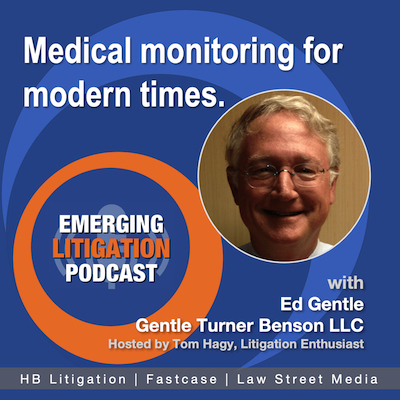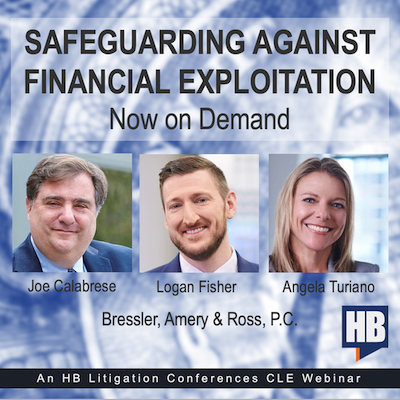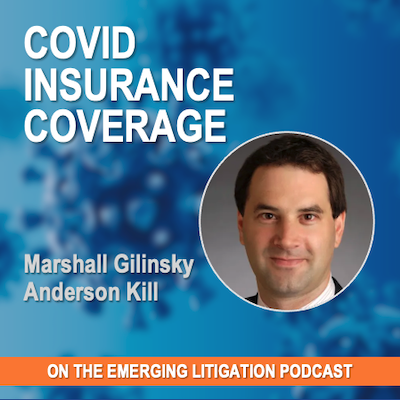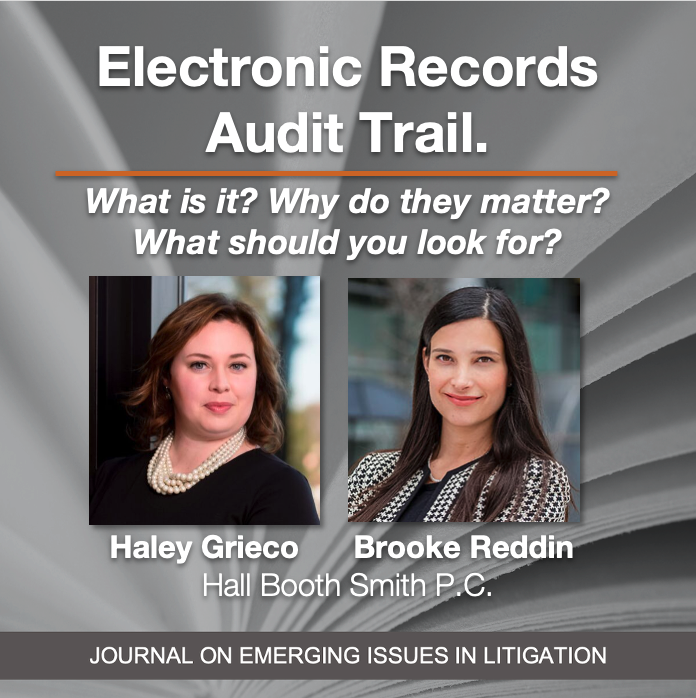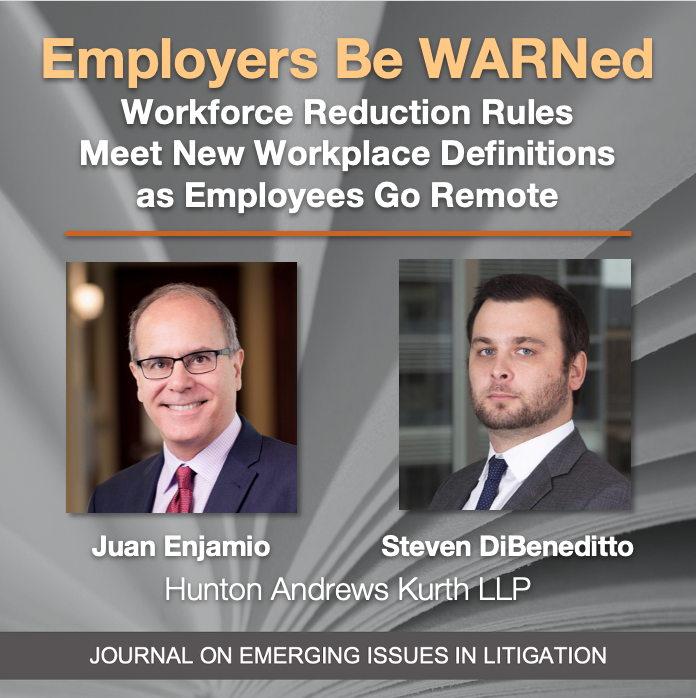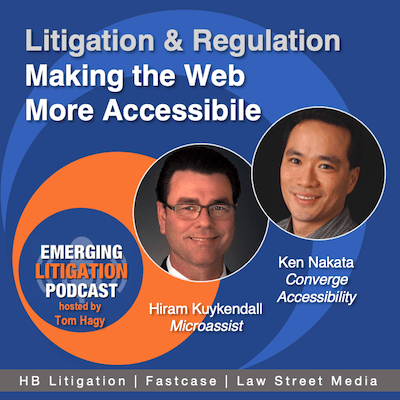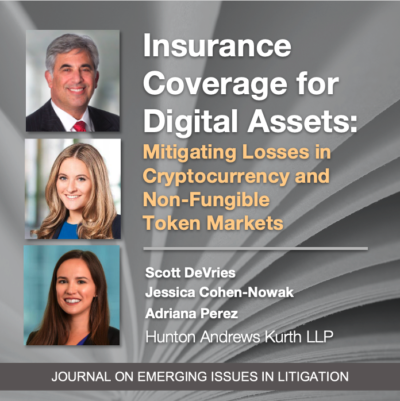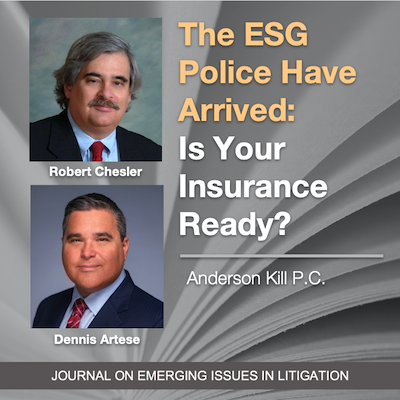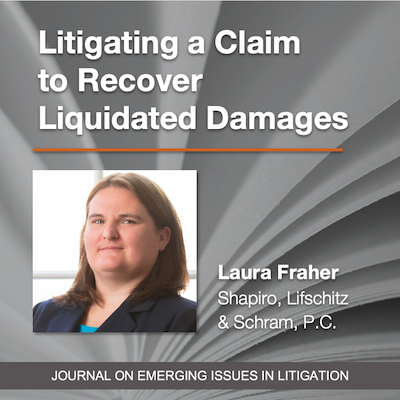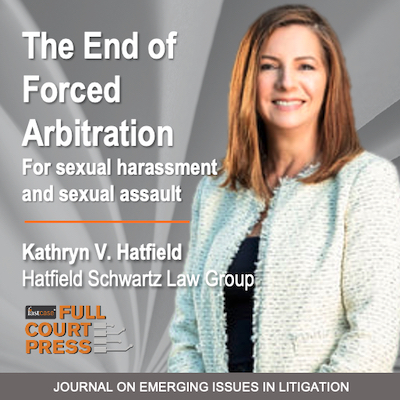Do NOT Select as Category. Use it’s tag.
Medical Monitoring for Modern Times with Ed Gentle
Medical Monitoring for Modern Times: Attorney and court-appointed neutral Ed Gentle shares his vision for a new paradigm for mass torts. Marissa, a resident of a small town in Kentucky, learned that for some time her drinking water may have been contaminated with so-called "forever chemicals" or PFAS. It's really a collection of chemicals used in products like fire-suppression foam, cookware, stain-resistant sprays, and food packaging. A local public radio reporter covering the story asked Marissa for her reaction. "I was never informed," she said. "And now I'm worried, like, I hope I don't have issues some day in my life." Marissa's concern is like that of many people who find themselves in this situation and is at the center of this episode. When a case like Marissa's goes to court, plaintiffs will seek a ruling that the responsible parties pay for years of medical monitoring. That means they are suing often without signs of an existing injury, and that defendants must pay for something when an injury may not arise. Attorney, author, and court-appointed case neutral, Edgar C. Gentle III, says that approach is antiquated. He outlines a better way in his 2014 essay titled The Medical Monitoring Tort Remedy: Its Nationwide Status, Rationale and Practical Application (A Possible Dynamic Tort Remedy for Long Term Tort Maladies). Now he shares [...]

